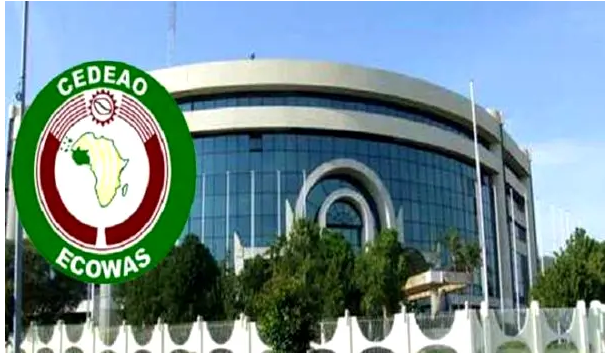ECOWAS Defence Chiefs Meet on $2.6 Billion Budget for Activating Regional Standby Force
CHIGOZIE AMADI
The Defence chiefs of countries in Economic Community of West African Countries (ECOWAS), yesterday, converged on Abuja to deliberate on the proposed $2.607 billion budget for the activation of the subregional standby force.
The standby force is meant to contain terrorism and unconstitutional change of government with the region planning to raise a 5,000 standby force.
The region, alternatively proposed a budget of $481,459, 335 for 1,650 standby force, with the meeting organised to decide which plan to be implemented.
Nigeria’s Minister of Defence, Mohammed Badaru Abubakar, disclosed this at the opening of the meeting of the region’s Minister of Defence and Finance on modalities for financing and equipping the deployment of ECOWAS counter-terrorism force.
President of the ECOWAS Commission, Omar Alliou Touray, said the move became necessary as the region had become the epicentre of terrorism.
Speaking on the meeting, Abubakar said the gathering was driven by the urgent need to consider the financing options in the memorandum to be presented by the ECOWAS Commission for deploying the proposed regional force.
He lamented that the region was threatened by insecurity and grave humanitarian challenges, adding that the standby force arrangement had the backing of the Authority of ECOWAS Heads of State and Government.
“Our gathering here today is driven by the urgent need to consider the financing options in the memorandum to be presented by the ECOWAS Commission for deploying the proposed regional force. The financial implications of these proposals are significant.
“The overall estimated cost is $2,606,695,640 per year for a brigade of 5,000 men. The alternative proposal is for a brigade of 1,650 men, with an estimated annual cost of $481,459,335. These figures underscore the gravity of the task before us and the necessity of a robust and sustainable resource mobilization strategy.
“It is therefore imperative that we critically review the options considering.”
On his part, Touray decried the damage caused to the region by terrorism, which included the large scale of Internally Displaced Persons, loss of territories and others.
“A huge humanitarian crisis with millions of internally displaced persons and refugees. You will all recall that some member states have lost control of important parts of their territories to terrorist groups.
“According to the 2024 Global Terrorism Index, the epicentre of terrorism has shifted from the Middle East and North Africa into the sub-Saharan African region largely in the Sahel region.”
























